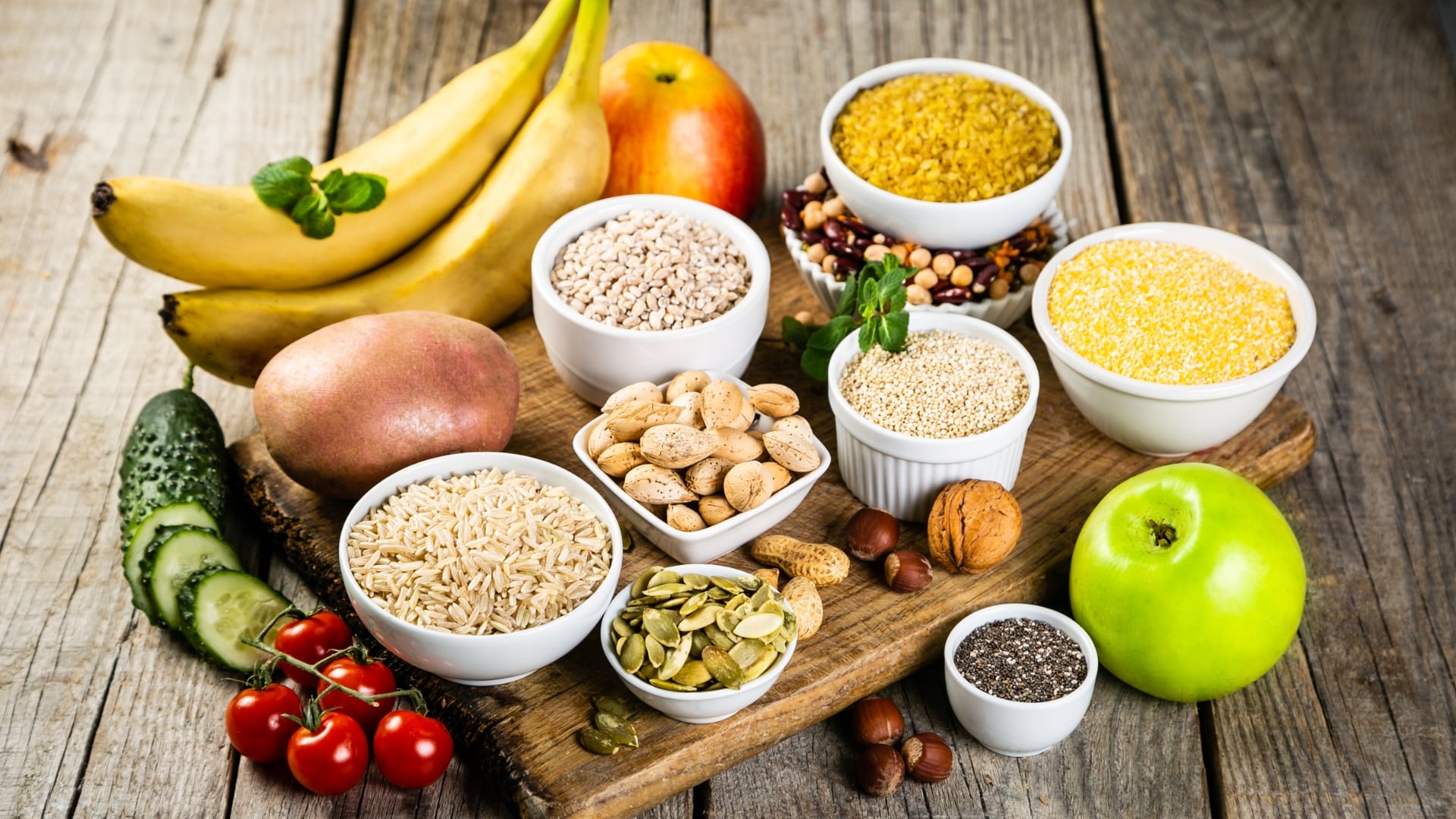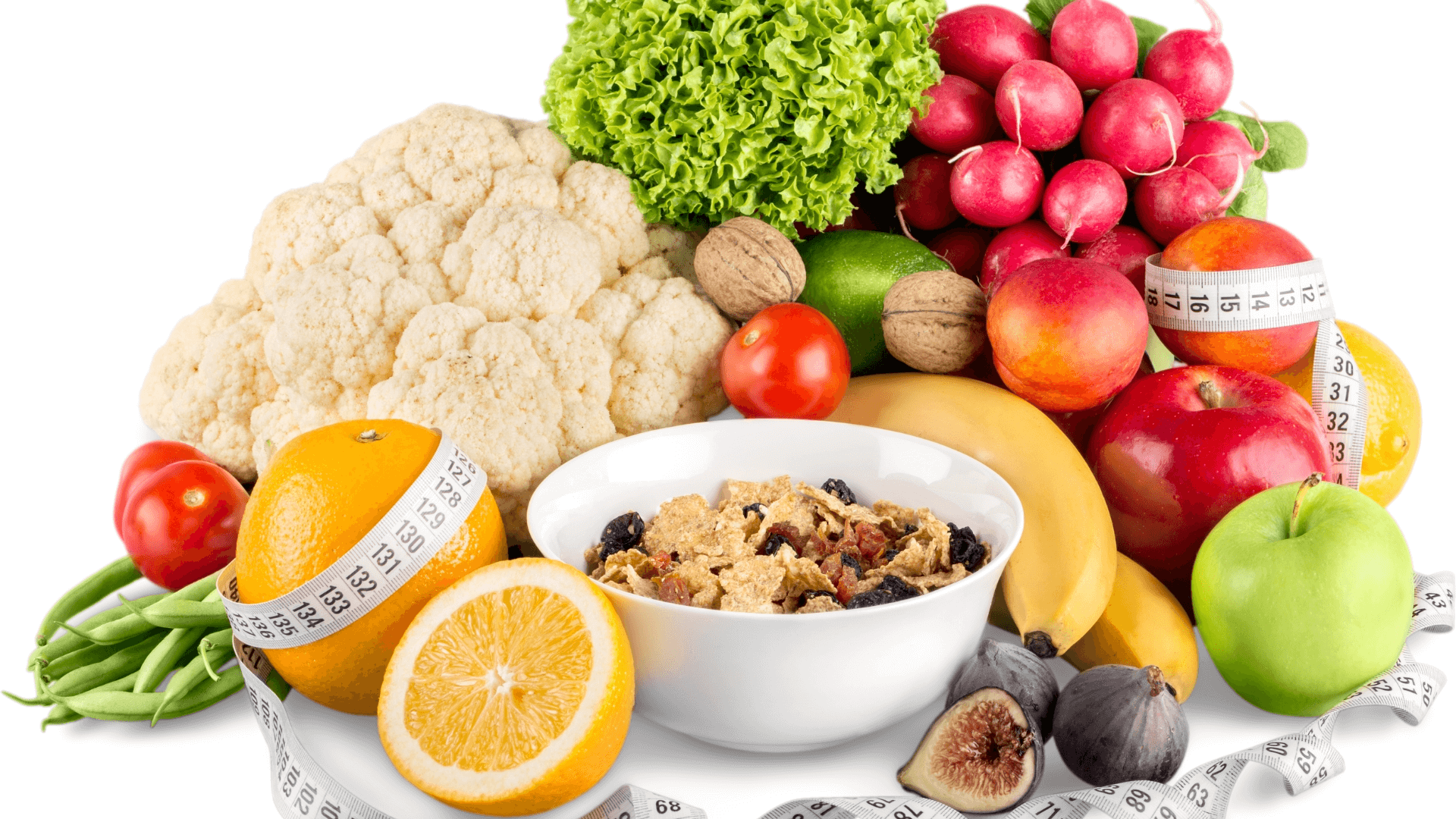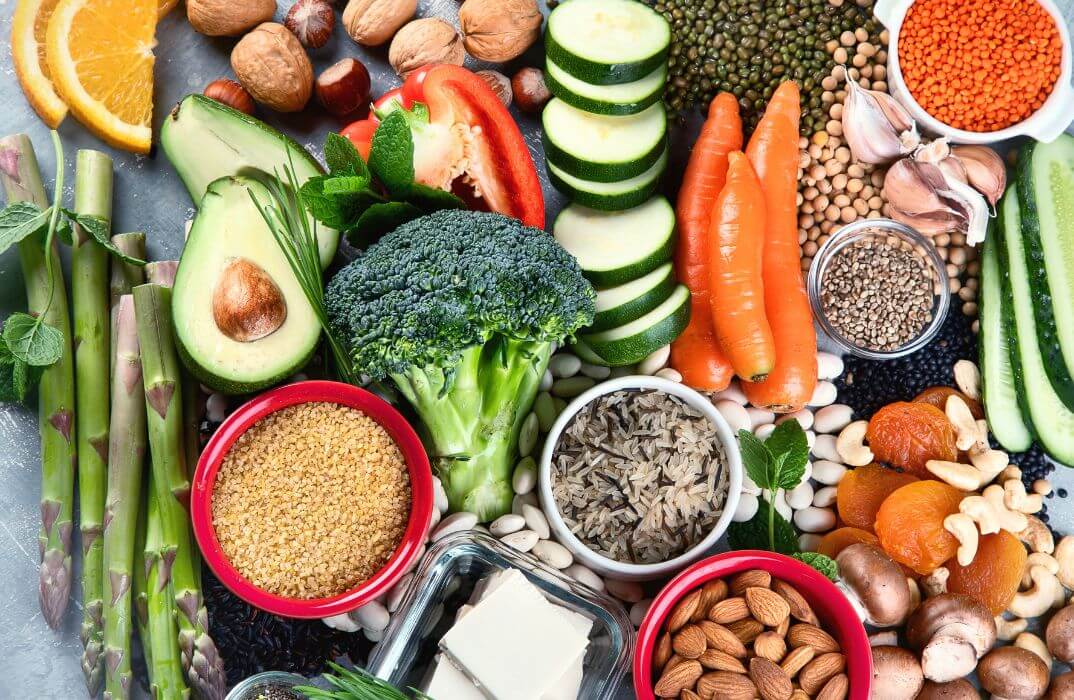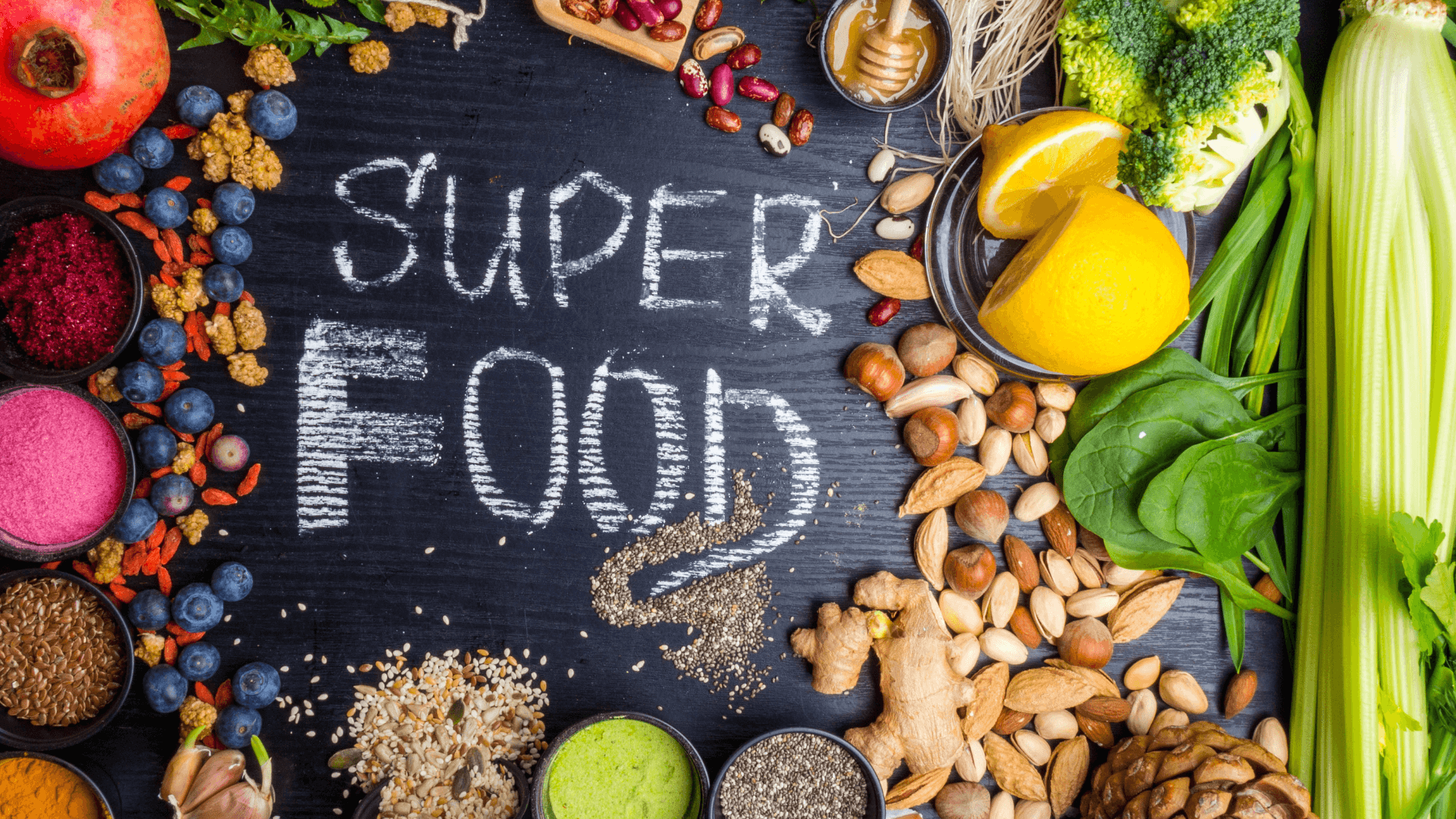The plant-based diet movement has revolutionized the way people approach their health and nutrition. Advocates often emphasize its benefits for heart health, weight management, and environmental sustainability. However, recent trends reveal a crucial distinction that could redefine the plant-based narrative: the role of ultra-processed foods (UPFs) in plant-based diets. Studies show that consuming these highly processed options might undermine the very benefits many seek from adopting a plant-based lifestyle.
What Are Ultra-Processed Plant-Based Foods?
Ultra-processed foods are industrial formulations often made with ingredients not typically used in home cooking, such as protein isolates, artificial flavorings, and preservatives. Popular examples of plant-based UPFs include vegan nuggets, plant-based burgers, imitation cheeses, and pre-packaged snacks. While these products cater to those transitioning to plant-based eating or seeking convenience, their nutritional profiles often raise concerns.
These foods tend to be high in sodium, unhealthy fats, and artificial additives while offering fewer essential nutrients compared to whole, minimally processed plant foods. This makes them nutritionally inferior to their natural counterparts, even if they’re free from animal products.
Emerging Health Risks Linked to Plant-Based UPFs
A groundbreaking study published recently highlights the potential dangers of consuming plant-based UPFs. Researchers found a correlation between high consumption of these products and an increased risk of heart disease, obesity, and early mortality. This surprising discovery challenges the assumption that all plant-based foods are inherently healthy.
The study emphasized that while plant-based diets are generally linked to reduced risks of chronic illnesses, this benefit hinges on the quality of the foods consumed. Diets rich in whole plant foods like fruits, vegetables, whole grains, and legumes continue to show remarkable protective effects against various diseases. However, replacing these wholesome options with processed alternatives could negate these benefits.
Why Are Ultra-Processed Foods Problematic?
Ultra-processed plant-based foods share many of the same pitfalls as conventional processed foods:
- High Sodium Levels: Excessive sodium contributes to high blood pressure and increases the risk of cardiovascular disease.
- Unhealthy Fats: Many processed plant-based products rely on refined oils, which can lead to inflammation and weight gain.
- Low Nutrient Density: These foods often lack essential vitamins, minerals, and fiber found in whole foods.
- Additives and Preservatives: Artificial ingredients can disrupt gut health and may have long-term health effects.
The Simple Swap: Prioritizing Whole Plant Foods
Fortunately, the risks associated with plant-based UPFs can be mitigated by making informed dietary choices. A shift toward whole plant foods offers a myriad of health benefits while maintaining the ethical and environmental principles of plant-based eating.
Here are some practical tips to help incorporate more whole foods into your plant-based diet:
- Focus on Fresh Produce: Fill your plate with a variety of fruits and vegetables to maximize nutrient intake.
- Embrace Legumes: Lentils, chickpeas, and beans are excellent sources of protein and fiber.
- Choose Whole Grains: Opt for quinoa, brown rice, and oats over refined grains.
- Limit Packaged Foods: Read labels carefully and minimize reliance on pre-packaged plant-based products.
- Cook at Home: Preparing meals at home allows you to control ingredients and reduce processed additives.
You may like to read: Discovering plant-based protein sources at the grocery store, supermarket or farmers market is simpler than you might think.
The Role of Food Manufacturers
As the plant-based market continues to grow, food manufacturers play a crucial role in shaping consumer choices. By developing healthier, minimally processed options, companies can help bridge the gap between convenience and nutrition. Additionally, transparent labeling practices can empower consumers to make informed decisions about their food.
Balancing Convenience and Health
While ultra-processed foods offer convenience, they should not form the cornerstone of a plant-based diet. Striking a balance between practicality and nutrition is essential. For example, using plant-based UPFs as occasional treats rather than staples can help maintain a healthy diet without sacrificing convenience entirely.
Final Thoughts
The rise of ultra-processed plant-based foods serves as a reminder that not all plant-based options are created equal. While these products can be helpful for those transitioning to plant-based eating, relying heavily on them may compromise long-term health goals. By prioritizing whole, minimally processed plant foods, individuals can reap the full benefits of a plant-based lifestyle while minimizing health risks.
As this trend gains attention, it presents an opportunity for both consumers and manufacturers to rethink the approach to plant-based nutrition. Ultimately, a plant-based diet rooted in whole foods is the key to sustainable health and well-being.





